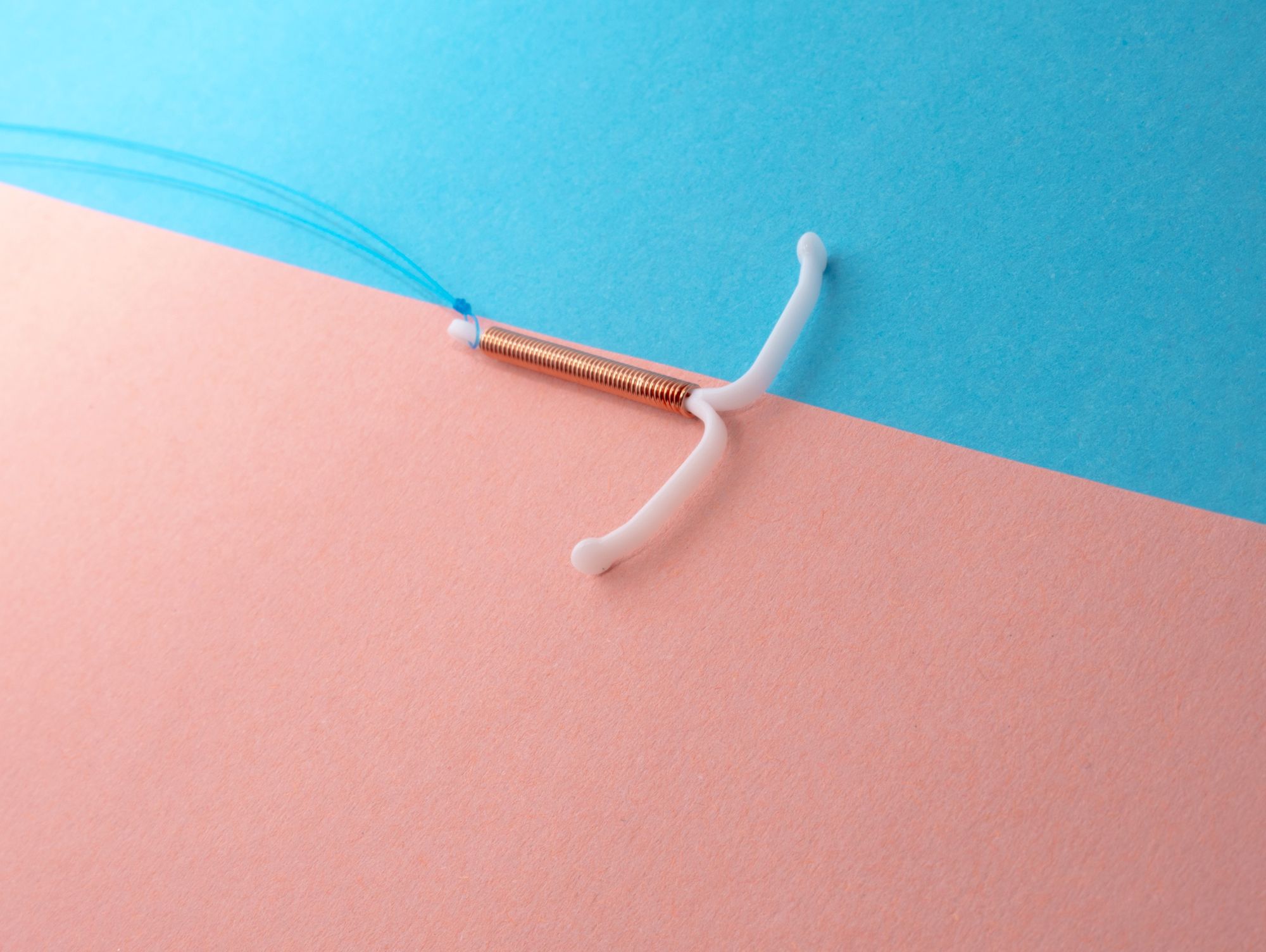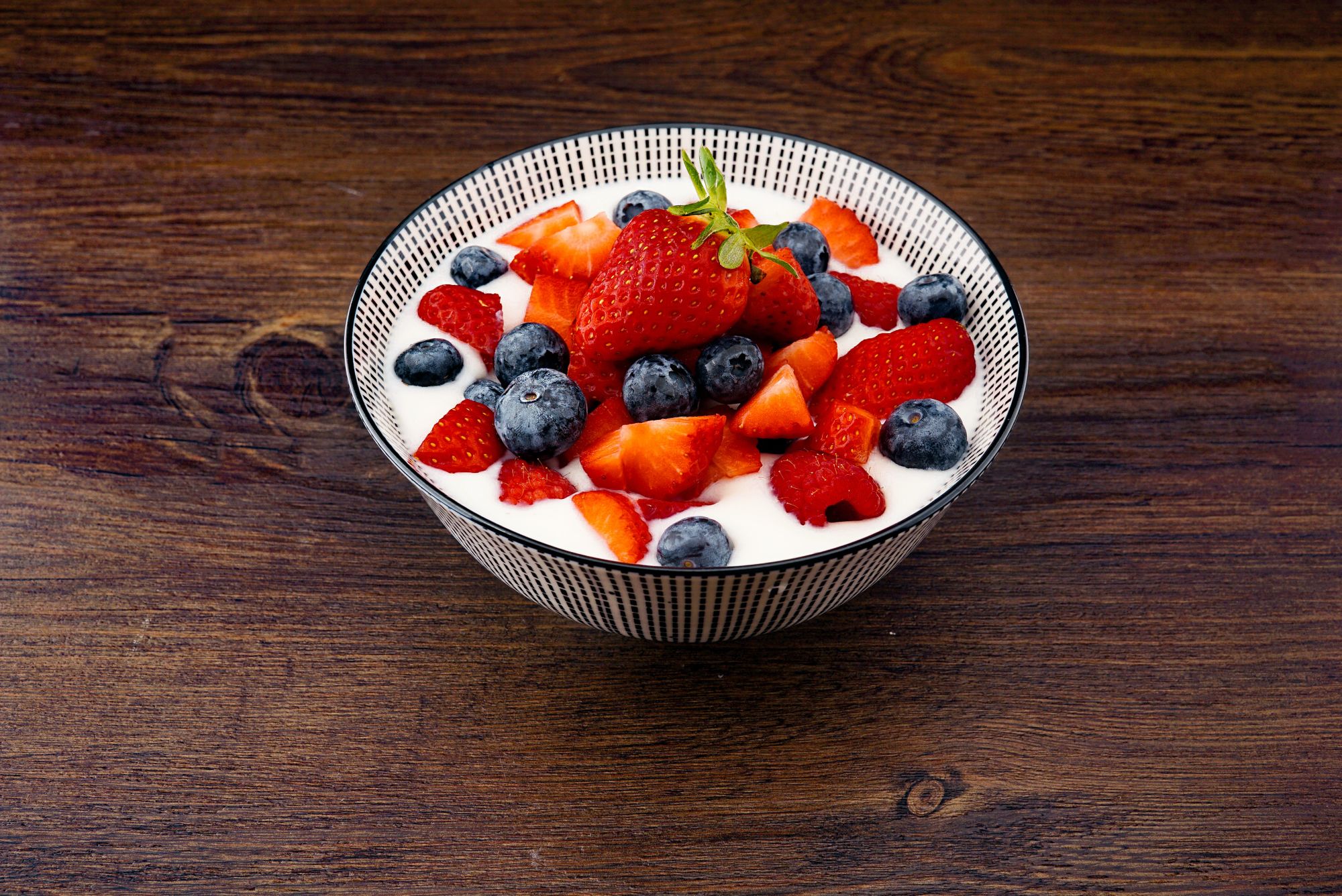Understanding Hirsutism (excessive hair growth) in women

Hirsutism is a condition in women that results in excessive growth of hair in areas usually seen in men such as the face, chest, lower abdomen, back and inner thighs. While the condition is not life-threatening, it can cause self-esteem issues among women who have it. Here is what you need to know about hirsutism
What causes it?
PCOS
Polycystic ovary syndrome (PCOS) is a hormonal disorder common among women of reproductive age which causes an imbalance of sex hormones. It may result in infertility, infrequent or prolonged menstrual periods, obesity, irregular functioning of the ovaries and excess male hormone (androgen).
Cushing syndrome
This occurs when the body is exposed to high levels of the stress hormone cortisol.
Medications
Certain medications can cause the condition such as minoxidil which spurs hair growth, danazol used to treat women with endometriosis (a disorder in which the tissue lining the uterus grows outside the uterus) and anabolic steroids which have hormones.
If your partner is using tropical products containing androgens, you can be affected as well through skin to skin contact.
Tumour
Rarely, an androgen-secreting tumour in the ovaries or adrenal glands can cause hirsutism.
Risk factors
Certain factors predispose women to Hirsutism as follows:
Family history
Several conditions that affect hormones such as PCOS run in families and can cause hirsutism. These include ancestry where women of Middle Eastern, Mediterranean and South African ancestry are more likely to have more body hair with no identifiable cause than are other women.
Another factor is obesity which can cause increased androgen production which can worsen hirsutism.
Diagnosis
Tests that measure the amount of certain hormones in your blood can determine whether elevated levels of androgen are causing your hirsutism.
The doctor might also examine your abdomen and do a pelvic examination to look for masses that could indicate a tumour.
Treatment and management
Hirsutism is mainly treated through medication which includes prescription of Anti-androgens to help your body make and use fewer male hormones.
The doctor can also prescribe Electrolysis which involves hair removal by zapping hair at the root with an electric current. Hair should stop growing in treated areas after repeating the process several times.
There are also different self-care methods that you can use to manage the condition at home as follows.
Plucking – use tweezers, thin threads or other devices meant for this purpose. It removes a few stray hairs but may not useful for a large area of hair.Waxing – Apply warm wax to the area of hair growth. Pull it from your skin once the wax hardens. Is effective in removing a large area quickly. This may sting temporarily and sometimes cause skin irritation and redness.Shaving – it is a quick and cheap way but needs to be done regularly.Bleaching – this method lightens hair colour making it less noticeable on people with light skin. Hair bleaching products which contain hydrogen peroxide may cause skin irritation. Test first on a small area of skin before use.Depilation – chemical depilatories applied to the affected skin dissolves hair and should be repeated regularly to maintain the effect. They are available in gel, cream or lotion form. Application may irritate skin and cause skin inflammation.
Conclusion
Many women with hirsutism have had to deal with stares, ridicule and even stigmatization. This can lead to stress and low self-esteem. If you happen to notice facial hair, begin by accepting that this does not change who you are and neither does it make you less beautiful than you already are. Seek medical assistance and use any of the self-management tips given in this article.
Featured Image: bermybeauty85 on Tiktok







